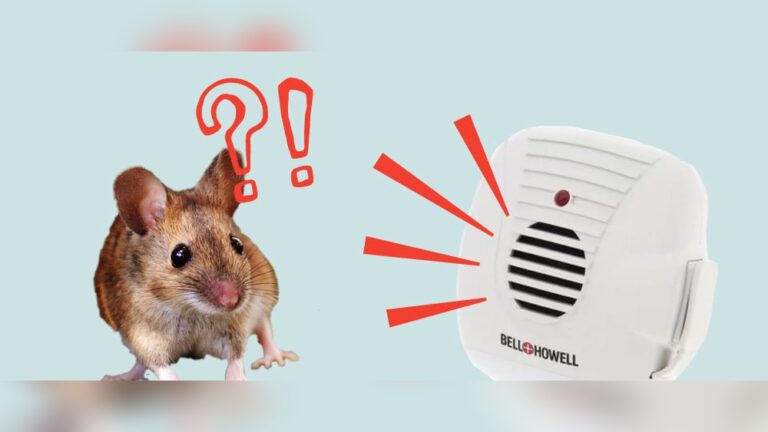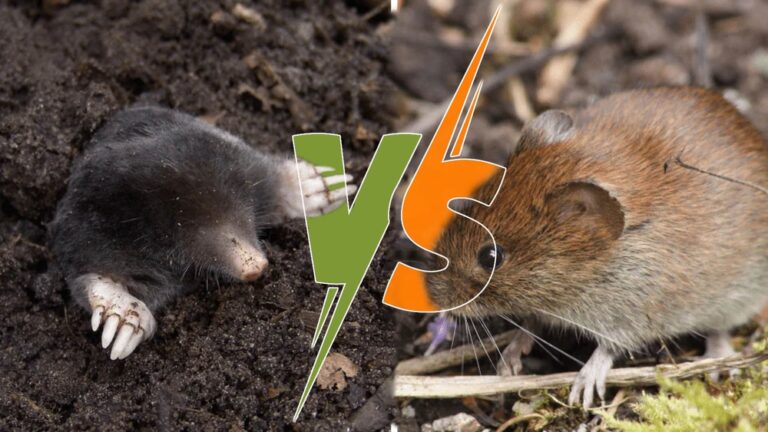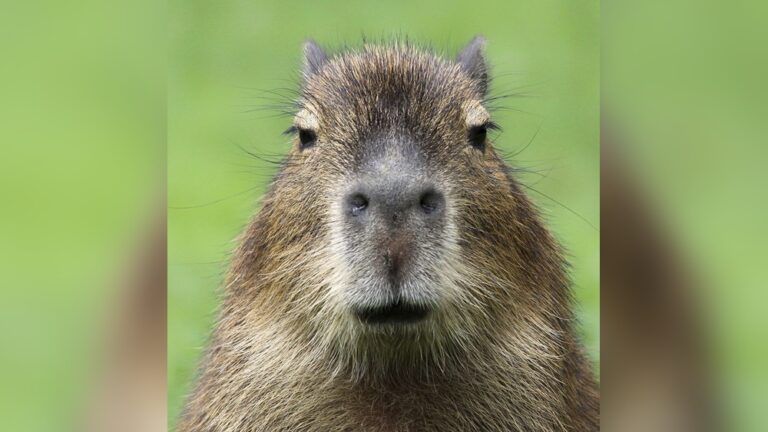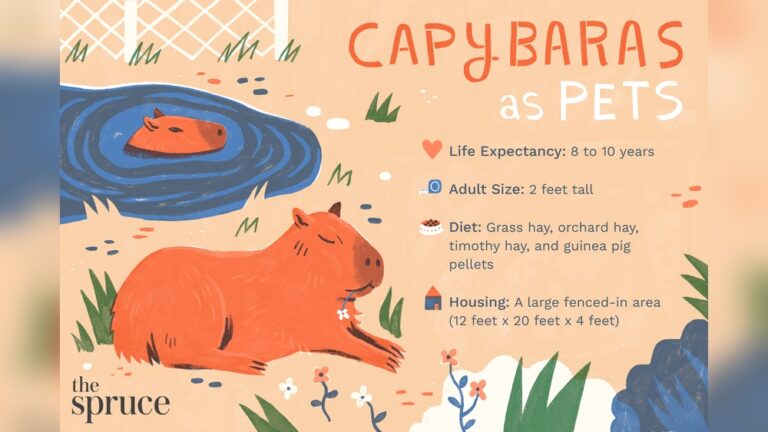Can Guinea Pigs Eat Endive: Safe or Risky for Your Pet?
If you have a guinea pig, you want to give your furry friend the best and safest food possible. You might be wondering, can guinea pigs eat endive?
It’s a common question because you want to add variety to their diet without risking their health. Knowing what foods are safe helps you keep your pet happy and healthy. Keep reading to find out if endive is a good choice for your guinea pig and how to feed it properly.
This simple information can make a big difference in your pet’s well-being.
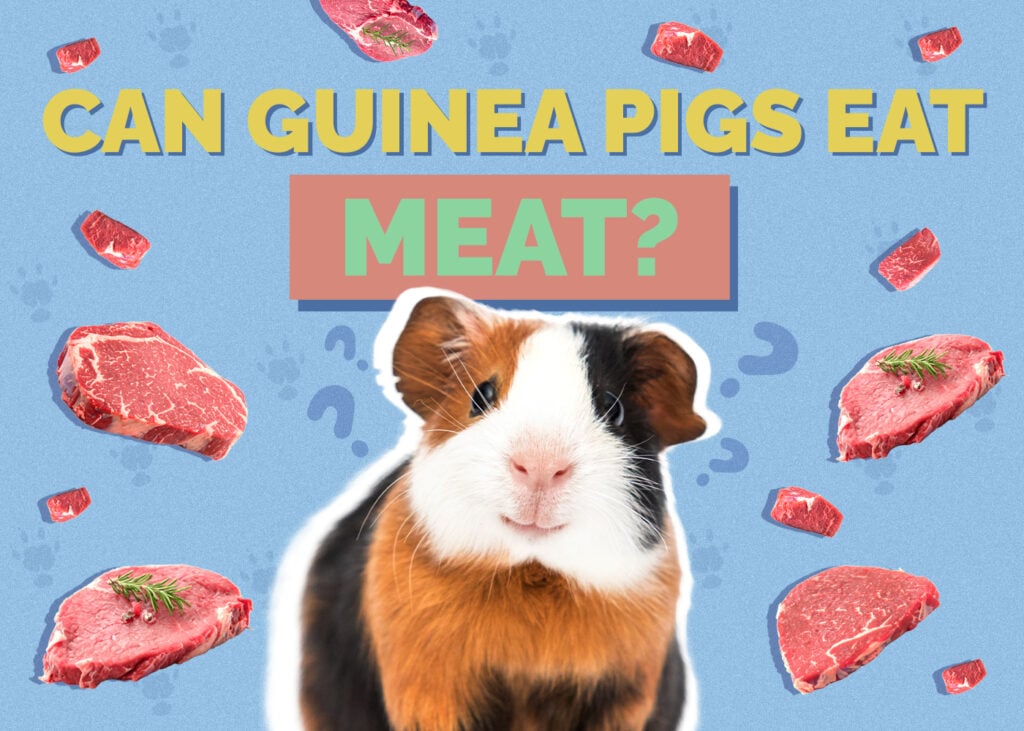
Credit: readytoeat.com
Nutritional Profile Of Endive
Endive is a leafy vegetable that offers many nutrients important for guinea pigs. It is low in calories but rich in vitamins and minerals. The nutritional profile of endive supports the health and wellbeing of your pet.
Vitamins And Minerals
Endive contains vitamin A, which helps maintain good eyesight. It also provides vitamin K, essential for blood clotting and bone health. Small amounts of vitamin C are present, which guinea pigs need daily. Minerals like calcium and potassium support strong bones and proper muscle function.
Fiber Content
Endive is a good source of fiber. Fiber helps guinea pigs digest their food well. It keeps their gut healthy and prevents digestive problems. Feeding fiber-rich foods like endive promotes regular bowel movements and overall digestive health.
Calorie Count
Endive is very low in calories, making it a safe treat for guinea pigs. It helps keep their weight in check. Low-calorie foods like endive allow guinea pigs to eat more without gaining excess weight. This supports a healthy and active lifestyle.
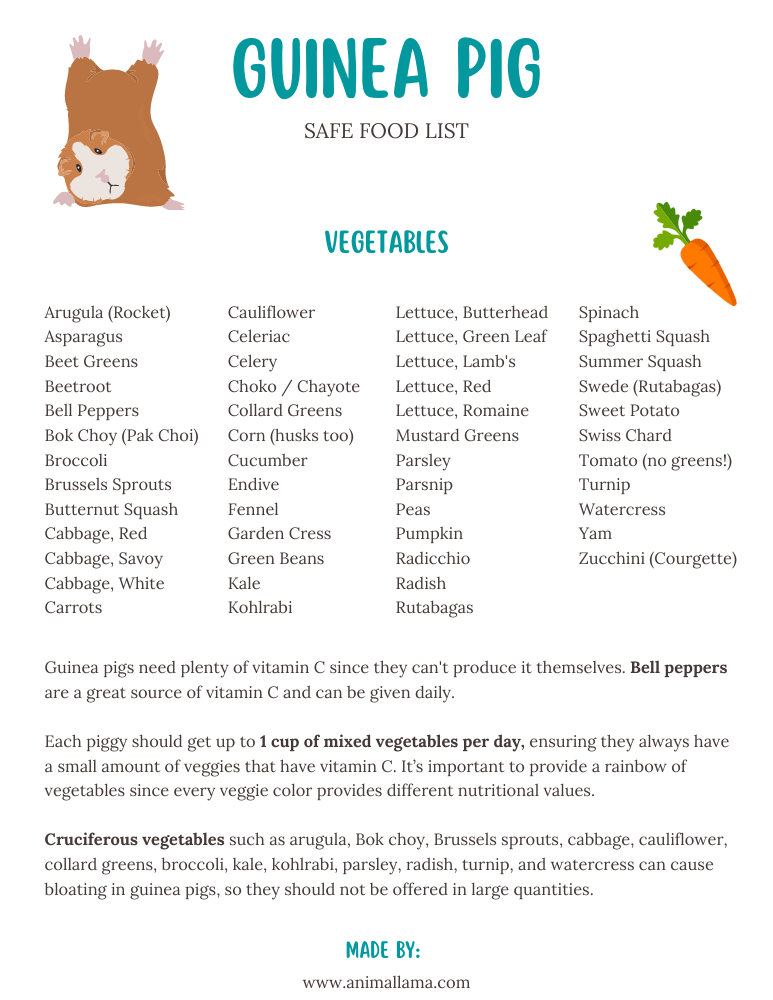
Credit: www.drglicksman.com
Health Benefits For Guinea Pigs
Endive offers several health benefits for guinea pigs. It is a nutritious leafy green that supports overall well-being. Feeding endive can help keep your pet healthy and active. This vegetable contains important vitamins and minerals that guinea pigs need daily. Small amounts of endive can add variety and nutrients to their diet.
Hydration Support
Endive has a high water content. This helps guinea pigs stay hydrated naturally. Proper hydration is vital for their health and energy. Fresh endive can be a tasty way to boost water intake. It is especially useful if your guinea pig drinks less water from their bowl.
Digestive Health
Fiber in endive helps keep the digestive system working well. It supports healthy gut bacteria and prevents constipation. A smooth digestion process means less discomfort for your pet. Feeding endive can promote regular bowel movements. This is important for guinea pigs, who need constant fiber.
Immune Boosting Properties
Endive contains vitamins A and C, which help strengthen the immune system. A strong immune system fights infections and illnesses better. These vitamins also support healthy skin and eyes. Regular intake of endive can help your guinea pig stay strong. It adds natural antioxidants to their diet.
Potential Risks Of Feeding Endive
Feeding endive to guinea pigs comes with some risks. It is important to know these risks before offering this leafy vegetable. Endive can cause health issues if not given carefully. Understanding these problems helps keep your pet safe and healthy.
Allergic Reactions
Some guinea pigs may have allergies to endive. Signs include itching, redness, or swelling around the mouth. Watch for sneezing or breathing problems too. Stop feeding endive if you notice these symptoms. Consult a vet for proper diagnosis and care.
Digestive Upset
Endive contains fiber, which is good in small amounts. Too much fiber can cause diarrhea or bloating. Sudden changes in diet can upset their stomach. Introduce endive slowly and in small pieces. Observe your pet’s reaction to avoid discomfort.
Pesticide Exposure
Non-organic endive may carry harmful pesticides. These chemicals can harm guinea pigs’ sensitive systems. Always wash endive thoroughly before feeding. Choosing organic produce reduces this risk significantly. Clean food keeps your guinea pig safe and healthy.
Safe Feeding Practices
Feeding endive to guinea pigs requires care and attention to keep them healthy. Safe feeding practices help avoid stomach problems and ensure good nutrition. Follow simple steps to make endive a safe treat.
Proper Portion Sizes
Give guinea pigs small amounts of endive at first. A few leaves per day are enough. Too much endive can cause diarrhea or gas. Balance endive with other vegetables and hay.
Washing And Preparation
Wash endive leaves thoroughly to remove dirt and pesticides. Use cold water and gently rub the leaves. Dry the leaves well before serving. Avoid using soap or chemicals on the leaves.
Introducing Endive Gradually
Start with a small piece of endive to see how your guinea pig reacts. Watch for any signs of upset stomach or allergies. Increase the amount slowly over a week. This helps your pet adjust to new food safely.
Alternatives To Endive
Endive is a healthy snack for guinea pigs, but it is not the only option. A variety of fresh greens, fruits, and vegetables keep their diet balanced and exciting. Offering different foods helps meet their nutritional needs and prevents boredom.
Other Leafy Greens
Guinea pigs enjoy many leafy greens besides endive. Romaine lettuce, kale, and spinach provide vitamins and fiber. Parsley and cilantro add fresh flavor and nutrients. Always wash greens well before serving to remove dirt and pesticides.
Fruits Suitable For Guinea Pigs
Fruits offer a sweet treat in small amounts. Apples, strawberries, and blueberries are safe choices. Avoid giving too much fruit because of high sugar content. Fresh fruit pieces can brighten up your pet’s diet.
Vegetables To Avoid
Some vegetables harm guinea pigs and should be avoided. Onions, garlic, and potatoes are toxic to them. Also, avoid iceberg lettuce because it has little nutrition. Always check new foods carefully before feeding your pet.
Signs Of Adverse Reactions
Introducing new foods like endive to your guinea pig’s diet can sometimes cause problems. It is important to watch closely for signs of adverse reactions. Early detection helps keep your pet safe and healthy. Knowing what to look for allows quick action.
Behavioral Changes
Guinea pigs may act differently if they feel unwell. They might stop eating or drinking. You may notice they hide more than usual. Some guinea pigs become restless or irritable. Sudden tiredness or lack of movement also signals trouble.
Physical Symptoms
Physical signs often appear quickly after eating something new. Look for swelling around the mouth or face. Diarrhea or loose stools are common symptoms. Your pet might sneeze or cough repeatedly. Skin rashes or redness show allergic reactions. Watch for breathing difficulties or nasal discharge.
When To Consult A Vet
Seek veterinary help if symptoms last more than a day. Immediate care is needed for breathing problems or swelling. Persistent diarrhea or refusal to eat requires professional advice. Your vet can diagnose and treat any issues promptly. Don’t wait; early treatment prevents serious illness.

Credit: www.scala-santa.com
How Smart Pets Lover Can Help You with Can Guinea Pigs Eat Endive
Turning Curiosity About Endive Into Practical Learning for Guinea Pig Care
Understanding whether guinea pigs can eat endive opens a wonderful door to practical learning about your pet’s nutrition. As we’ve explored, the nutritional profile of endive offers valuable vitamins and fiber, but knowing the potential risks and safe feeding practices ensures you make informed choices. This balance between benefits and caution reflects the core of responsible pet ownership—something we deeply value at Smart Pets Lover.
Every new veggie you introduce is a chance to observe your guinea pig’s reactions closely. Watch for any signs of adverse reactions, and consider alternatives if endive doesn’t suit your furry friend’s tummy. This hands-on approach not only strengthens your bond but also cultivates a mindful habit of tailoring diet to individual needs.
- Start with small portions of endive and monitor your pet’s response.
- Keep a food diary to track what works best.
- Consult trusted sources or reach out to pet care experts if unsure.
Remember, at Smart Pets Lover—where every wag, purr, and chirp tells a story—we’re here to support your journey toward becoming a confident, caring pet parent. For more personalized advice, feel free to connect via our website contact page or community forums.
Frequently Asked Questions
Can Guinea Pigs Safely Eat Endive Leaves?
Yes, guinea pigs can safely eat endive leaves. Endive is rich in vitamins and fiber. It supports digestion and overall health. Always wash the leaves thoroughly before feeding.
How Often Should Guinea Pigs Eat Endive?
Feed endive to guinea pigs 2-3 times per week. It should be part of a varied diet. Avoid overfeeding to prevent digestive upset.
Are There Any Risks Feeding Endive To Guinea Pigs?
Endive is generally safe, but feeding too much can cause gas. Introduce it slowly to monitor tolerance. Avoid endive if your guinea pig has a sensitive stomach.
What Nutrients Does Endive Provide To Guinea Pigs?
Endive offers vitamin A, vitamin K, and fiber. These nutrients help maintain healthy skin and digestion. It also contains antioxidants beneficial for immune support.
Conclusion
Guinea pigs can safely eat endive in small amounts. It offers vitamins and fiber they need. Avoid feeding too much to prevent stomach upset. Always wash endive well before giving it to them. Variety in their diet helps keep them healthy.
Watch your pet for any signs of discomfort. Fresh, clean veggies make happy, active guinea pigs. Keep their diet balanced for best health results.

